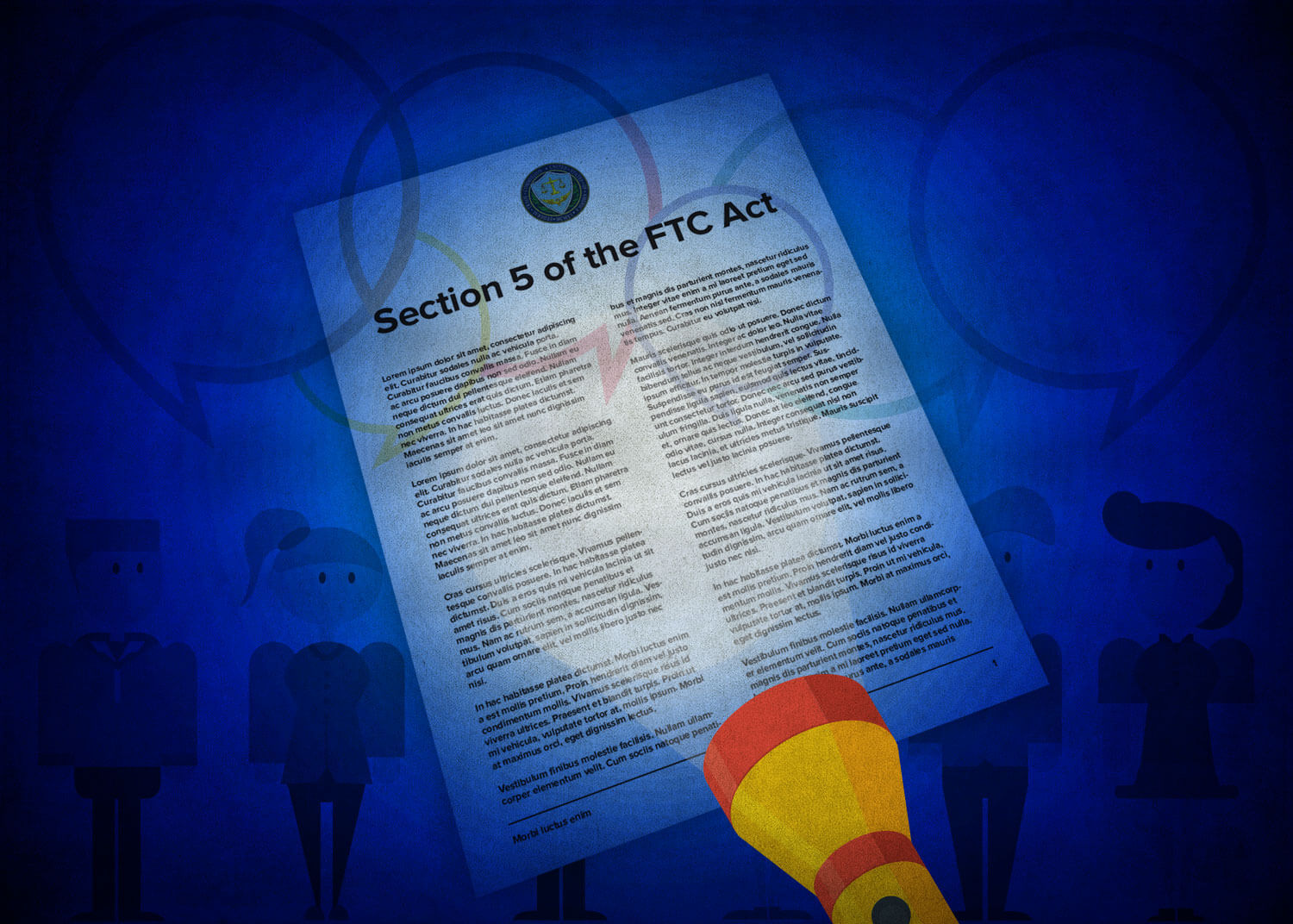Panelists Debated Materiality and Privacy Harms under the FTC’s Section 5
On November 5, the Future of Privacy Forum and Washington & Lee University School of Law co-hosted a panel on the Future of Section 5 of the FTC Act. The Federal Trade Commission Act permits the agency to bring civil enforcement actions under Section 5 against companies who engage in “unfair or deceptive trade practices.” […]
FTC's Cross Device Workshop to be held on Monday, Nov. 16th
On Monday, the FTC will be holding a workshop on cross-device tracking: how and why the advertising and marketing industries are using emerging technologies to track individual users across platforms and devices. The Future of Privacy Forum is releasing a helpful new report to understanding these technologies, entitled Cross Device: Understanding the State of State […]
FPF Panel will Shine Light on FTC's Authority
Data privacy and security regulators don’t always agree. That’s no surprise to those observing the discussions that have followed the European Court of Justice’s decision to invalidate the adequacy of the EU-U.S. Safe Harbor framework. But the disputes aren’t always global. Sometimes regulators from the same country, working in the same agency, disagree about how to […]
Cross-Device: Understanding the State of State Management
On Friday, October 16, the Future of Privacy Forum filed comments with the FTC in advance of the FTC’s Cross Device Workshop on Nov. 16, 2015. Jules Polonetsky and Stacey Gray have prepared a report, Cross-Device: Understanding the State of State Management, based on revisions to FPF’s comments filed with the FTC on October 16th, that aims to describe […]
The Hill Features FPF's Comments on Safe Harbor
Today the US political news website The Hill carried an opinion piece by Future of Privacy Forum staff on the EUCJ’s Safe Harbor ruling. Executive Director Jules Polonetsky and Legal & Policy Fellow Bénédicte Dambrine write of the challenges the ruling creates for European companies, workers, students, and educational institutions, and asked that policymakers […]
NHTSA & FTC Critical of House Vehicle Safety Proposal
October 14, 2015 — The House Energy and Commerce Subcommittee on Commerce, Manufacturing, and Trade met to discuss proposals to improve motor vehicle safety. Much of the hearing focused on a recent proposal by committee staff to incentivize the adoption of new technologies to improve vehicle safety, which raises several privacy issues. Specifically, privacy and […]
FPF releases Survey: "Beyond the Fear Factor”
Few topics in education have generated as much discussion as the potential for data and technology to transform teaching and learning. While the public discourse has been dominated by advocates and critics alike, we’ve learned little about how most parents of school-aged children view the risks and opportunities of using data and technology in the […]
Peter Swire Testifies on Encryption and "Going Dark"
This morning, FPF Senior Fellow Peter Swire presented testimony before the Senate Judiciary Committee on encryption and the balance between public safety and privacy. Swire highlights the concerns raised by a diverse coalition of cybersecurity and privacy experts, tech companies, and human rights activists about law enforcement’s “going dark” argument. “We can respect the heartfelt […]
Customer Privacy and the National Labor Relations Act
Last month, an Administrative Law Judge for the National Labor Relations Board ruled that Macy’s employee handbook contained overly broad confidential information policies. The decision continues efforts by the NLRB to police employer confidentiality policies, but it also demonstrates how industry efforts to protect privacy can inadvertently run afoul of Section 7 of the NLRA, […]
Future of Privacy Forum Releases New Survey on Privacy and Trust Issues in the "Sharing Economy"
FUTURE OF PRIVACY FORUM RELEASES NEW SURVEY ON PRIVACY AND TRUST ISSUES IN THE “SHARING ECONOMY” Whitepaper Examines Benefits and Challenges of Reputation Management in Peer-to-Peer Services and Provides an Overview of Market Leaders in Key Sharing Economy Sectors WASHINGTON, D.C. – Monday, June 8, 2015 – As peer-to-peer services comprising the “Sharing Economy” continue […]





